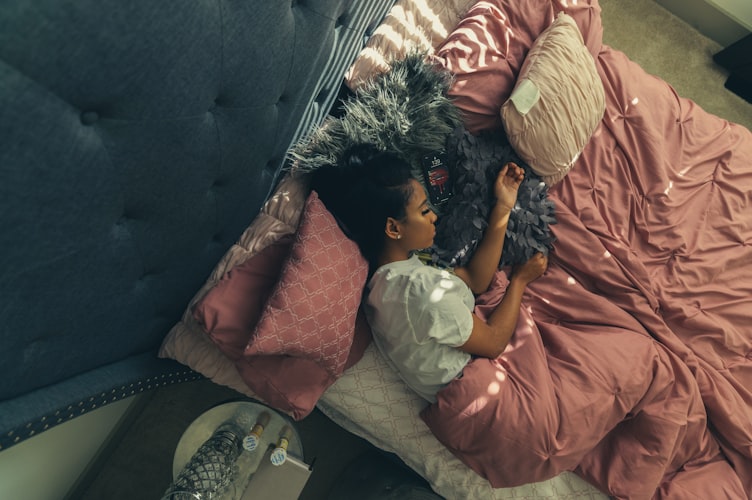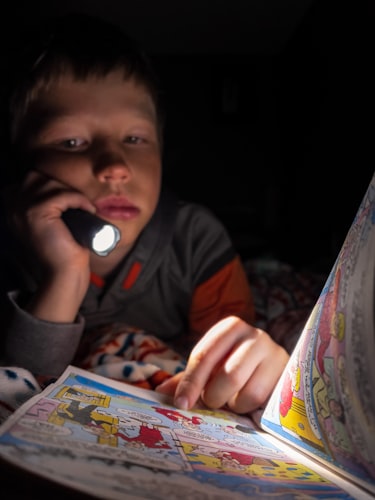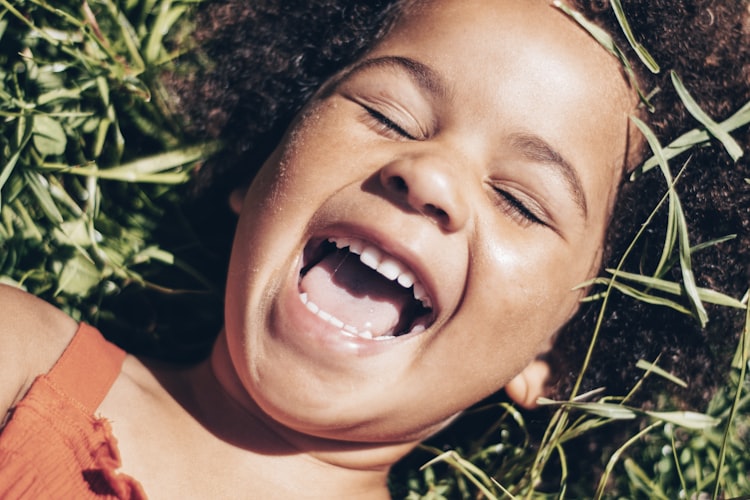Historically, obstructive sleep apnea has primarily been viewed as a condition that is more likely to occur as you get older. Those family legends about grandpa’s loud snores are quite often related to the increased prevalence of sleep apnea that occurs as a person ages (and sees much of their muscle mass replaced with fat).
However, some reports seem to indicate that kids and teenagers are becoming more likely to develop obstructive sleep apnea themselves. Here is what parents need to understand so they can help their children enjoy higher-quality sleep.
Is Sleep Apnea Becoming More Prevalent Among Kids?

While sleep apnea has long been known to occur in children, it is fairly uncommon. However, one of the leading contributors to obstructive sleep apnea is being overweight or obese. Childhood obesity has been on the rise for many years, and as a result, rates of childhood sleep apnea are also increasing.
In an interview, pediatrician SSM Health Dan Beardmore explained, “You can imagine if there’s a lot of weight on the neck, then it’s challenging to keep the airways open. Of course we are seeing more and more teens and adolescents with overweight issues, so we are starting to see that classic adult sleep apnea at younger and younger ages.”
The CDC estimates that 18.5 percent of children and adolescents are obese. That is an alarmingly high number, meaning that nearly one in five children are at a greater risk for sleep apnea because of unhealthy weight.
Negative Consequences of Sleep Apnea For Kids

In adults, untreated obstructive sleep apnea has been linked with extreme daytime fatigue, as well as a wide range of serious health conditions. Those with untreated sleep apnea are more likely to suffer from elevated blood pressure, heart disease, type 2 diabetes, depression, and more.
Among children, one additional condition commonly linked with sleep apnea and other forms of sleep deprivation is ADHD. In fact, studies of young children diagnosed with ADHD indicate that almost 25 percent also have symptoms of sleep apnea. Disturbed sleep actually made the children more hyperactive during the day, while also making it difficult for them to concentrate. In some cases, the diagnosed ADHD was actually a direct side effect of untreated sleep apnea.
This can lead to significant trouble at school. Children who have trouble concentrating are going to struggle with tests and homework assignments. Poor sleep can also contribute to growth and developmental delays, causing them to fall further behind their peers. This can lead to decreased self-esteem, which can be further compounded by the increased likelihood for depression and irritability resulting from poor sleep.
Does Your Child Need a CPAP Machine?

Because the ADHD symptoms seemed to be tied directly to child sleep disturbances, researchers in the previously cited study also focused on what would happen to these symptoms if the children were treated for sleep apnea. Amazingly, sleep apnea treatment caused ADHD symptoms to entirely disappear.
Needless to say, parents who are concerned about their child’s sleep quality should consult with a specialist. For some, a CPAP machine may be needed to ensure uninterrupted sleep. Work with your doctor to figure out what type of CPAP mask would work best for your child. While wearing a mask may require a bit of an adjustment, try to help your child focus on the positives of using a CPAP machine and mask to sleep better at night. For others, improved diet and exercise could be necessary to achieve a healthy weight.
Regardless of what a doctor recommends, there are a few extra steps parents can take to help their children get better sleep. With or without sleep apnea, these practices can improve sleep duration and quality for better physical and mental health:
- Have a set bedtime. A consistent routine signals to the body that it is time to go to bed, which will boost melatonin production. This will help your kids fall asleep faster.
- Say no to electronics before bed. The blue light from smartphones makes it harder to fall asleep. Have your kids turn off electronics one hour before bedtime. Consider storing phones in your room overnight so they aren’t tempted to do any late-night texting.
- Cut back on late-night snacks. Snacking too close to bedtime can give your kids an energy boost that makes it harder to fall asleep — especially if eating sugary foods. If your kids need a snack, choose a healthy option like granola.
- Create a good sleep environment. Blackout curtains will help block outside light from the street. A noise machine can provide steady background noise that makes it easier for some to fall asleep. Keep your child’s bedroom at a comfortable temperature.
Get the CPAP Equipment You Need From Help Medical Supplies
If you or your child needs a CPAP machine, it can be easy to feel overwhelmed by the sheer cost of this equipment — especially if your insurance doesn’t provide good coverage. Fortunately, Help Medical Supplies can make it easier to manage the cost of your CPAP machine, masks, and other needed equipment.
Our online store offers significant discounts on CPAP machines from leading brands like ResMed and Philips Respironics, helping you save hundreds of dollars on your CPAP purchase. Financing is also available to split your purchase into more affordable payments that better fit your family’s budget. All you need is a valid prescription.
Better sleep can have a lifelong impact on health and well-being. Making this investment today will pay big dividends for your child’s future.

